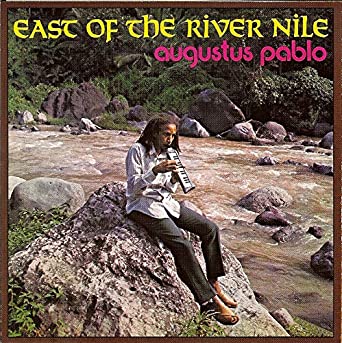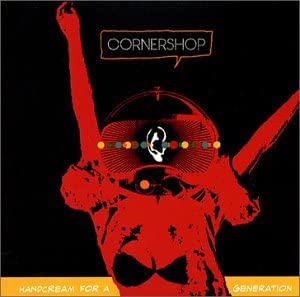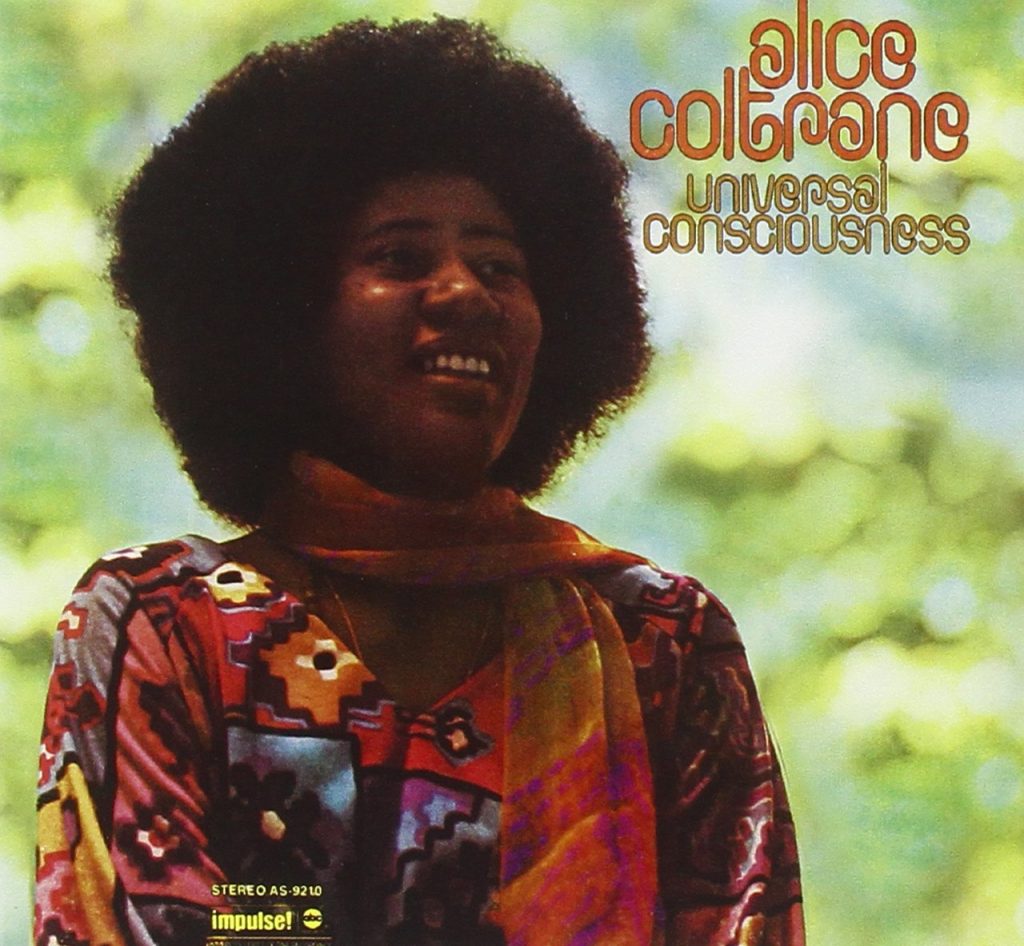René Peñaloza Galván para Latin Pulse

Augustus Pablo
East of the River Nile
Shanachie, 1977 (reissue 2002)
In 1999 Jamaica lost one of its more brilliant sons, Augustus Pablo, maker of melodies that traced the most direct path from the ears to the hearts of their listeners. Horace Swaby -the name written in his birth certificate recorded in 1954- was never interested in fame, so he is less known than the messianic Marley or the deranged Perry. For Pablo, music was the fundamental and only thing, his dwelling place was the recording studio, not the scenario. Two albums appeared in 1977 which earned him a modest but devote cult around the world, King Tubby Meets the Rockers Uptown and East of the River Nile. The second has been reissued commemorating its 25th anniversary and enhanced with various additional jewels of the same era. The melodica was considered a mere toy until Pablo turned it into his main instrument. In his hands, the compact hybrid between a harmonica and a keyboard acquired an unsuspected subtlety through echo effects and winding melodies with oriental remembrances. Even when he was one of the parents of dub (a genre based on creating phantasmagoric variations of preexistent themes), East of the River Nile does not fit in this tone. It is neither an “instrumental record” only. It is rather a passionate registry of how a man blends with his instrument.

Cornershop
Handcream for a Generation
Luaka Bop/ Sum Records, 2002
5 years after its successful When I was Born for the 7th Time, Cornershop is back with its postmodern divertimento jumping from west to east. During this time, singer, composer and producer Tjinder Singh kept busy with Clinton, a project of a supposed dance type, loaded with an incisive irony at times flirting with cynicism. A good part of Handcream for a Generation bonds with Clinton’s discontent, although now Singh takes care of incorporating his winks and parodies to properly structured songs. “Heavy Soup” opens the record with a kind of popurri while Soul’s singer Otis Clay states out a kind of index of what will arise, resulting in an effect similar to a show host who invites us to buy tickets to a carnival. A son of indian parents, raised in England, Singh paints the contemporary world as a carnival of fashion and cultures (not the inocuous party of life celebrated by Celia Cruz but a colorful and dizzying parade where values and ideas pass by so fast that it is impossible to grab them). However, Singh’s intricate lyrics and his peculiar way of singing them -almost indifferently but not diminishing the sticky character of his melodies- makes them a testimony of a hyper globalized world rather than a critic to Cornershop’s albums (as a more pragmatic and possibly more honest position compared to someone like Manu Chao who climbs on the transnational monster to pierce its neck). With the involvement of people like Rob Swift and Noel Gallagher, Handcream of a Generation is both an entertaining and a provocative testimony.

Alice Coltrane
Universal Conciousness
Impulse!, 1971 (reissue Verve, 2002)
“[She turned] the music made by his husband during his las years into something more adequate as a background for prayer or meditation”: this scornful phrase appearing in a brief paraghraph dedicated to Alice Coltrane in the Rough Guide to Jazz exemplifies the prevailing attitude towards her music for decades. John Coltrane’s immense shadow has doubtlessly contributed to the lack of a deserved recognition of his widow’s work, although the galloping chauvinism of a jazz scene, that sees women only as vocalists, is also present. A composer, harp player and keyboardist with strong spiritual convictions, Coltrane created her own and independent world, rather than caring to belong to one that limited her a priori. Originally issued about two decades ago, Universal Consciousness is a luminous instance of the quite peculiar vision of its author. As suggested by the title, Coltrane believes that music can be a means to access other forms of conscience (or, simply, to other forms of listening, depending on each one’s cosmovision), Throughout 6 tracks, Universal Consciousness takes from peaceful spots to apocalyptic battlefields, from inner peace to collective ecstasy. Accompanied by people of the stature of Rashied Ali and Jack DeJohnette -and with strings arrangements in charge of no less than Ornette Coleman- Coltrane erects a sound monument that, beyond the religious convictions of the listener, may only be described as transcendental.

